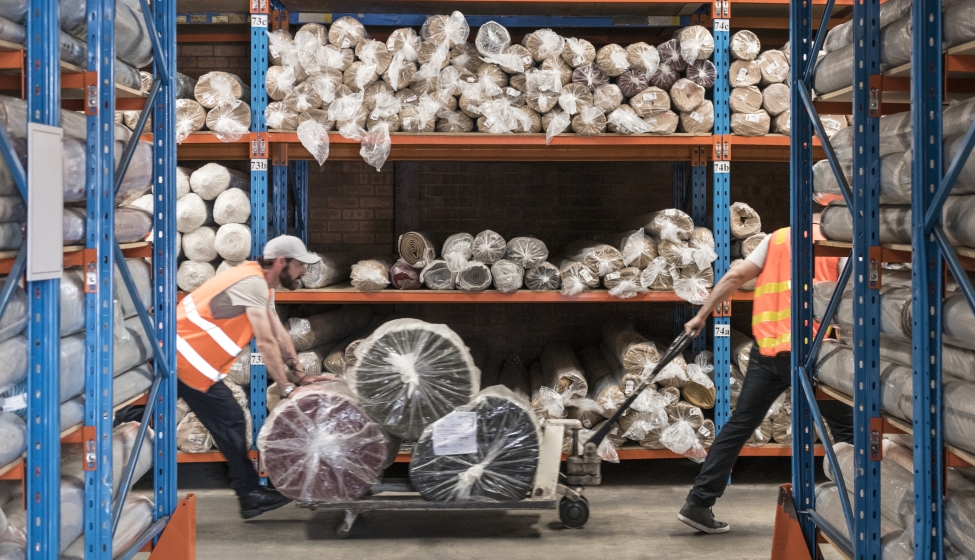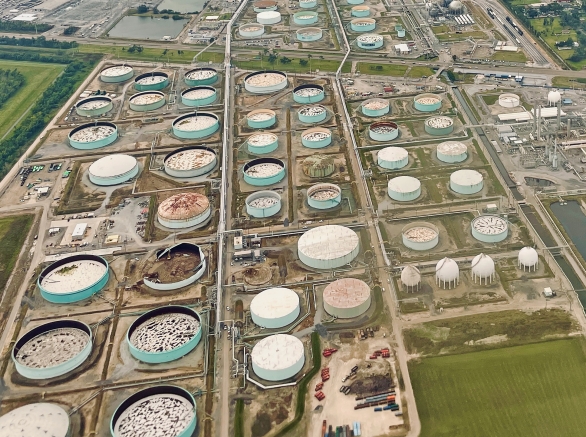September 1, 2021
Maine's new law applies a broad definition of PFAS as a class of chemicals
On July 15, Maine became the first state to prohibit the sale of products containing "intentionally added" per- and polyfluoroalkyl substances (PFAS) in any amount. The bill explicitly prohibits the sale of carpets, rugs, and fabric treatments that contain "intentionally added PFAS" by January 1, 2023, while the sale of any product containing "intentionally added PFAS" will be prohibited starting January 1, 2030. The bill defines the term "intentionally added PFAS" as "PFAS added to a product or a component to provide a specific characteristic, appearance, or quality or to perform a specific function."
Notably, the bill broadly defines the term "PFAS" as "any member of the class of fluorinated organic chemicals containing at least one fully fluorinated carbon atom." Unlike federal regulations, which restrict the use of a smaller group of fluorinated chemicals recognized as environmentally persistent perfluorinated acids — e.g., perfluorooctane sulfonic acid (PFOS) and perfluorooctanoic acid (PFOA) — the broad definition of PFAS in the Maine bill may encompass many substances and materials commonly used in a wide range of industrial applications and consumer products.
For example, certain pharmaceuticals contain perfluorinated carbons and may be prohibited under this bill. Common hydrofluorocarbon refrigerants used in residential, commercial, and automotive air conditioning and cooling applications, such as 1,1,1,2-tetrafluoroethane (commonly known as R-134a) and 2,3,3,3-tetrafluoropropene (commonly known as HFO-1234yf), also contain one or more fully fluorinated carbon atoms. In addition to these small molecules, the bill may also prohibit use of solid fluoropolymer materials, as no molecular size limit is specified. Therefore, products containing fluoropolymers such as polytetrafluoroethylene (PTFE) may be prohibited, potentially impacting the sale of a wide range of goods, from personal care products to certain medical devices. The chemicals described in these examples have chemical structures and properties different than long- and short-chain sulfonic and carboxylic acids, do not exhibit similar surfactant-like behavior, and do not degrade into environmentally persistent perfluorinated acids.
The bill includes an exemption for PFAS uses deemed to be "currently unavoidable" by the Maine Department of Environmental Protection. This exemption means that the department has determined a use "to be essential for health, safety, or the functioning of society and for which alternatives are not reasonably available." Many uses are likely to fall under this exemption; however, the bill does not provide further clarity on the scope of "essential" or "unavoidable" uses.
How Exponent Can Help
As laws like Maine's PFAS prohibition come into effect, companies face growing regulatory challenges. Exponent's experts in chemistry, product design, manufacturing, and regulatory compliance can help clients evaluate and manage these issues in partnership with their supply chains while considering both state and federal regulations to develop strategic solutions. We can help clients:
- Determine which chemicals or materials may qualify as PFAS under this new regulation.
- Advise on appropriate test methods to identify PFAS compounds in products and materials.
- Identify potential alternative chemicals or materials for use in specific products or applications.
- Assess and assist with regulatory compliance under new and existing laws at the state and federal level.
Our multidisciplinary team of scientists and engineers can help evaluate PFAS chemistry and degradation products to assist our clients with maintaining compliance under a growing list of chemical regulations in the industrial chemical, consumer product, and environmental landscape.



